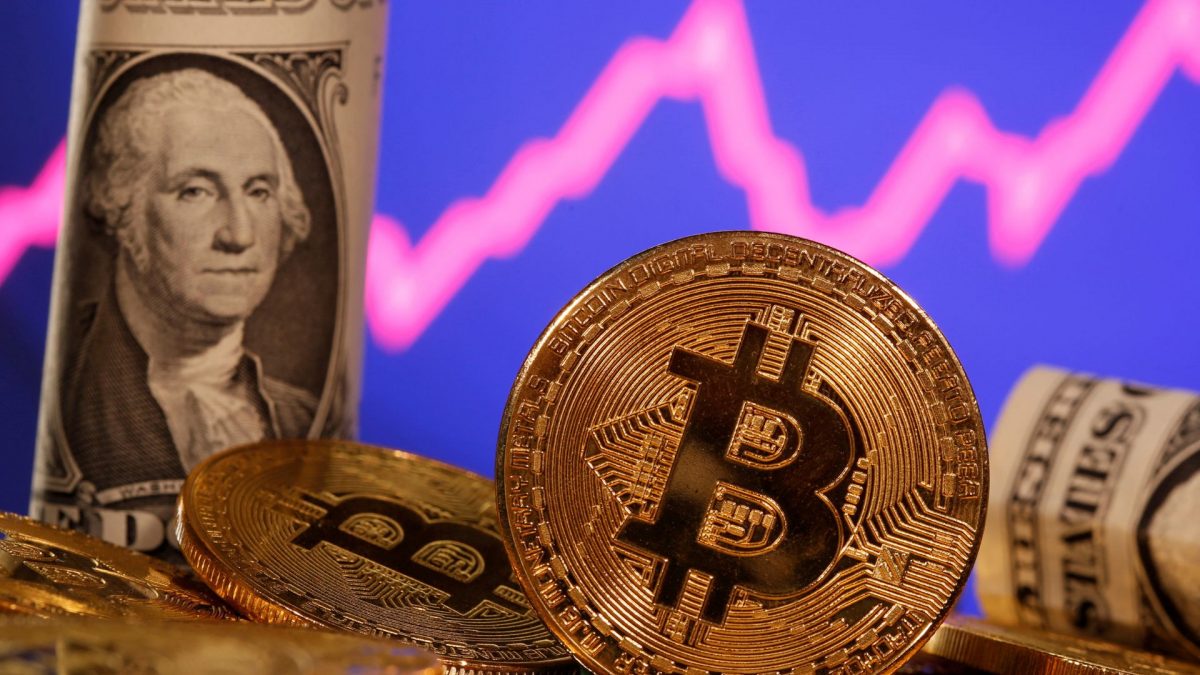Russia has started using bitcoin and other digital currencies for international trade after legislative changes designed to counter Western sanctions, Finance Minister Anton Siluanov confirmed. The shift coincides with US President Joe Biden’s efforts to strengthen his administration’s stance on Russia before transitioning power to President-elect Donald Trump.
Cryptocurrency in foreign trade
This year, Russia legalised the use of cryptocurrencies in international trade and began formalising bitcoin mining operations. As one of the global leaders in bitcoin mining, Russia sees digital currencies as a practical solution to bypass traditional financial restrictions.
“As part of the experimental regime, it is possible to use bitcoins, which we had mined here in Russia (in foreign trade transactions),” Siluanov said on the Russia 24 television channel on Wednesday.
“Such transactions are already occurring. We believe they should be expanded and developed further. I am confident this will happen next year,” the Russian Finance Minister further said.
Siluanov emphasised that international payments in digital currencies represent the future.
Putin’s endorsement of bitcoin
Russian President Vladimir Putin has also voiced strong support for cryptocurrencies, accusing the US of politicising the dollar and diminishing its role as a global reserve currency. Putin noted bitcoin’s decentralised nature, saying, “No one in the world could regulate bitcoin.”
Biden prepares final sanctions push
As Russia explores cryptocurrency avenues, Biden is preparing new sanctions against Russia’s energy sector in the final weeks of his presidency. A report by The Washington Post quoted sources familiar with the matter as saying that the measures are aimed at further restricting Russia’s ability to fund its war in Ukraine.
The sanctions reportedly target the “dark fleet” of international ships transporting Russian oil to non-Western countries, along with additional Russian oil exporters. Options under consideration include revoking licenses for banks that process Russian energy transactions.
“This action would be another step toward ensuring Ukraine is in the best possible position to defend itself and negotiate peace on just terms,” said a senior administration official.
Energy revenues in the crosshairs
Russia’s energy sector, which accounts for up to half of its budget revenue, has been partially shielded from existing sanctions. Despite restrictions, Moscow earned approximately $100 billion from energy exports last year, according to S&P Global.
“The goal of a new major sanctions action should be a double-digit decline in their export revenue over six to 12 months,” said Peter Harrell, a former senior Biden administration official was quoted as saying by The Washington Post. However, he tempered expectations, noting that sanctions alone are unlikely to entirely disrupt Russia’s energy revenues.
Impact Shorts
More ShortsMarket conditions favour stricter sanctions
Global energy markets are currently providing Biden with more leeway to implement harsher sanctions. Gas prices remain well below their 2022 peaks, and increased production from countries like the US and Canada is expected to outpace demand in 2024. This reduced risk of a price spike allows for more aggressive measures without significant domestic blowback.
“If [the sanctions package] results in some Russian barrels coming off the market, there will obviously be a bit of an impact on global price, but I think that’s modest,” said a source familiar with the matter.
A race against time
Biden is reportedly eager to solidify his administration’s stance on Russia before handing over the reins to President-elect Donald Trump. The new sanctions could serve as a final statement in Biden’s efforts to hold Moscow accountable for its aggression against Ukraine.
“Clearly energy has remained Russia’s biggest revenue source to finance its war,” Harrell said. “And a move to tighten up would be a welcome close to Biden’s sanctions campaign against Russia.”
With inputs from agencies.
)